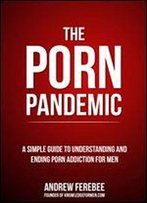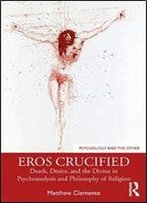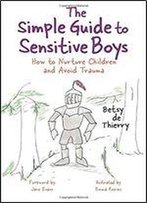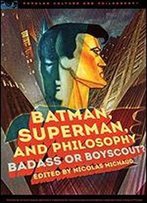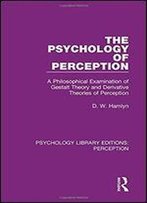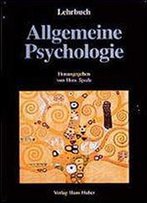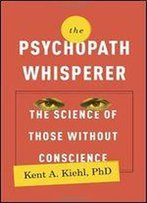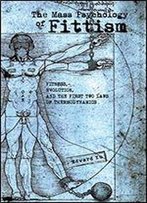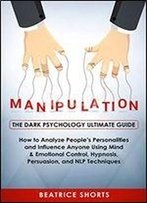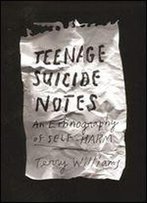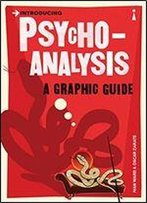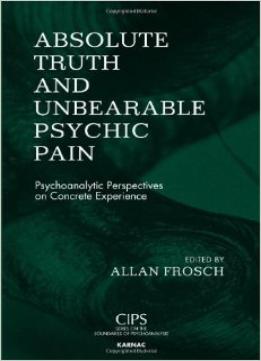
Absolute Truth And Unbearable Psychic Pain: Psychoanalytic Perspectives On Concrete Experience
by Allan Frosch /
2012 / English / PDF
459.1 KB Download
The title of this book refers to a particular construction of the world that brooks no uncertainty: 'things are the way I believe them to be'. There is no other way! This can be a real boost to one's confidence - even though this conviction is based solely on our own thoughts or immediate experience. When a group or organization share a one-dimensional view of the world the sense of conviction takes the form of a rigid ideology; and all other perspectives must be eliminated. The counterpart to concreteness, or what many refer to as desymbolized thinking/experience or thing - presentations, is more abstract thinking or 'symbolization'. Symbolization refers to a process whereby we can meaningfully understand that an event can be looked at from a variety of perspectives. Symbolization makes it possible to look at things in an 'as if' way rather than as 'true' or absolute. It is a process where we can view our thoughts as objects of our thoughts. We self-reflect. From a psychoanalytic perspective the more desymbolized person might be considered unsuitable for psychoanalysis with its emphasis on self-reflection. The authors of this book disabuse us of this as they describe their work with patients who are prone to concrete thinking and experience. In the chapter on The Bureaucratization of thought and language in groups and organizations we view the effects of concreteness on another level of observation with its implications for the 'absoluteness' of political ideologies. - Fred Busch, Ph.D., FIPA
